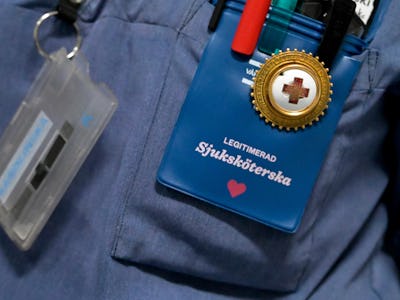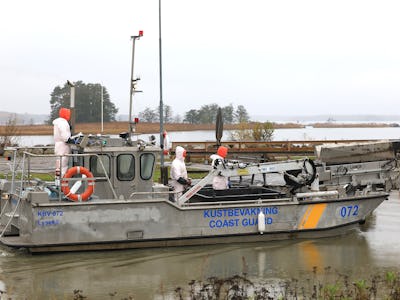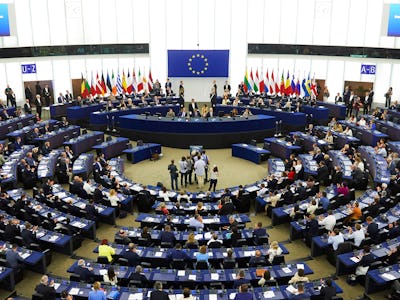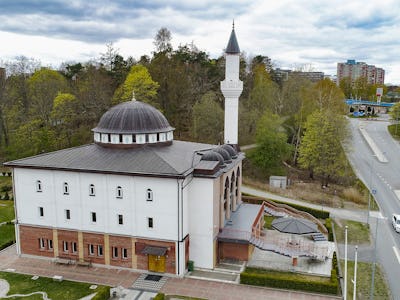UN: Few glimmers of hope in Iran – despite lifted sanctions
For those who oppose the ruling powers in Iran; torture, beatings and abuse are still regular occurances. The removal of sanctions on the country have made no difference.
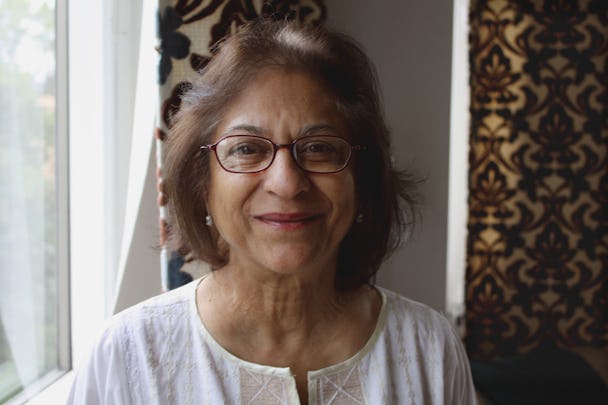
Asma Jahangir.
” I wish I could could report on improvements, but there are none”, says Asma Jahangir, Special Rapporteur on Humans Rights to the United Nations.
” Sweden is a beautiful country but that isn’t the reason I came” she says to Arbetet Global, seated on the sofa in a Stockholm hotel. The schedule is hectic. Interviews, one after another. Her visit in Sweden last week was brief.
The day before, she had met the foreign minister of Sweden Margot Wallström together with several human rights organisations. Her purpose was to gather information and make connections that could widen her understanding of how human rights issues were developing in Iran.
The day after, she returns to Pakistan where her bodyguards provide her enough security to allow her to work for human rights.
Even though the sanctions were lifted last year, prospects are not improving.
” Anyone who criticizes the government is taking a risk. Even modest criticism aimed at the government can lead to problems”
She continues: ” The unions have been under particular threat. Many activists have been jailed. We have been in regular contact with the authorities about it”
Iran has one of the worst records on anti-union persecution. Activists have been beaten, tortured and murdered. Independent unions are banned and the national security forces have systems in place that monitor the Internet.
Even so, and despite this suppression, Asma Jahnagir dismisses the belief that the Iranian government can control or even manage civil society
” It’s quite impossible. There are of course limits on what the State can do”
Beneath the surface in Iran, there is unrest and much discontent. In several cities; teachers, nurses and bus drivers have organized strikes in demonstration against the regime.
But the demand for more freedom is repressed by the government and there is a religious conservative wing that wants to see even greater restrictions.
In May the presidential elections were held. Incumbant president Hassan Rohani defeated the challenge from the conservatives and their candidate Ebrahim Raisi and was re-elected.
Last year the EU and the USA both declared that sanctions on Iran would be lifted.
Businesses in several countries saw a window of opportunity open as a new market with a population of 80 million (the equivalent of Germany) could now be entered.
Asma Jahangir states that trade will be an important factor in empowering the citizens.
“Business does have a considerable responsibility. I have nothing against firms seeking a profit, but a profit at the expense of human rights is not only immoral but also illegal.
She adds that is hard to decide whether Swedish investments in Iran have a positive or a negative influence on human rights.
”There have been instances in history when trade has favoured the democratic process, but there have also been times when trade has merely enforced the government’s power and not the people. It all depends on how the foreign businesses act and if they can avoid being held to ransom by the government”.
Barack Obama was able to put together the details of the nuclear power deal with Iran when acting as the president of the USA. The sanctions were lifted. But the point of view of the present US president Donald Trump is different.
Trump has been clear on his view on Iran as a great threat and stated that he is prepared to act.
As Special Rapporteur for the UN Asma Jahangir must not make political statements, but she expresses her perception of Iranians as people of a high culture, but that have been unfortunate to have been led by a government that habitually violate human rights.
”In democracies, these things can happen too, which is very unfortunate. But in democracies people do have the possibility to take matters into their own hands and change the situation. In Iran, the political system chokes all such initiative and action.”


